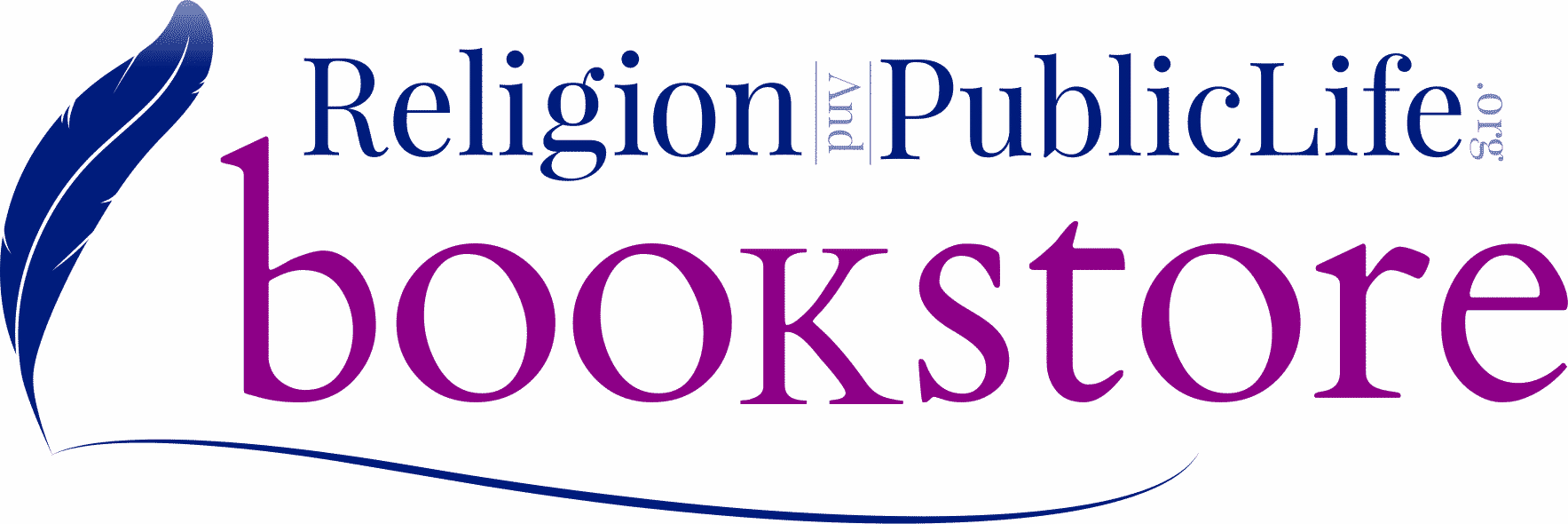Overview
Scholars—whether they are situated within the academy, nonprofit spaces, or other public-facing arenas—must expand their understanding of research and broaden their skill sets to include collaborative methodologies that prepare them for a wide range of potential scenarios. Each project reflects the complexities of its situated context, and there is no clear “how-to” manual for doing this work. This work requires scholars to reach beyond traditional academic training and enmesh themselves in a place, collaborate with the people who live there, and think creatively about what it means to do research.
Over the course of this training, we will rethink what a scholar looks like, both in and outside of academia. In addition to reviewing best practices, you will hear from a wide range of scholars as they share stories about the many hats they must wear to be successful at this work. This training is organized around five roles a scholar may navigate when doing community-based scholarship. We will discuss a scholar as a bridge builder, activist, community organizer, project manager, and storyteller. Upon completion, you will have the information and tools you need to initiate a collaborative project and take the next steps to form relationships with community partners.
Why this Matters
Increasingly, scholars in humanities disciplines are looking to bring their work into new contexts. Some, in response to the changing landscape of higher ed, are pursuing professional tracks outside universities. Some, in light of the social and political upheavals of recent years, are trying to figure out how to best respond to this moment in time and meet the needs of their communities. Academics are carving out new pathways and rethinking what it means to be a scholar in these unprecedented times.
Community-based scholarship encourages us to rethink how we approach the relationship between ideas and practices. Rooted in local contexts, this work provides scholars with the skills needed to build coalitions with communities and challenge disparities in existing power structures.
This certificate will help you re-envision your expertise as a scholar for new contexts, adapt your academic training to meet the needs of your communities, and discover how to become a more effective scholar-activist working in service to the public good.
Certifying Organization
The Institute for Diversity and Civic Life (IDCL) is a non-profit organization that creates more inclusive public spaces through storytelling, research, and education. This course is part of the Grounded Knowledge Project, an initiative funded by the Henry Luce Foundation that brings scholars from across Religious Studies and other humanities disciplines together to share resources and discuss their experiences of doing community-based work. IDCL’s approach to grounded knowledge is informed by our narrative and storytelling work. We create platforms to amplify underrepresented voices, empower people to tell their stories on their own terms and democratize the historical record.
What will we learn?
The certificate program is comparable to a one-credit hour course for non-credit students. In total, this program will provide learners with an overview of five different roles that a scholar often fills over the course of a community-based project:
I. Scholar as Bridge Builder: Explore how scholars can connect communities and institutions, building bridges between theory and everyday practices of knowledge production.
II. Scholar as Activist: Interrogate the advantages and challenges of pursuing work committed to social change and identify frameworks for understanding the ethical commitments of this work.
III.. Scholar as Community Organizer: Learn about frameworks for developing rich relationships with your community and develop strategies to support community initiatives and goals.
IV. Scholar as Project Manager: Review best practices and explore tools to help you imagine, execute, and document your community-based project.
V. Scholar as Storyteller: Think creatively about your project outputs and delve into collaborative options for telling the story of your community and their project.
Taken together, the lessons in this course provide learners with insight into a range of skills and approaches that often lay outside of the traditional role of a scholar. This training is geared toward learners who already have qualitative research training and seek guidance on extending their scholarship and methodologies to include rich and sustainable community partnerships. The stories, tools, and exercises presented in this certificate are provided to guide learners through exploring possible approaches. We hope that you will take what works for you and apply it to your own work.


